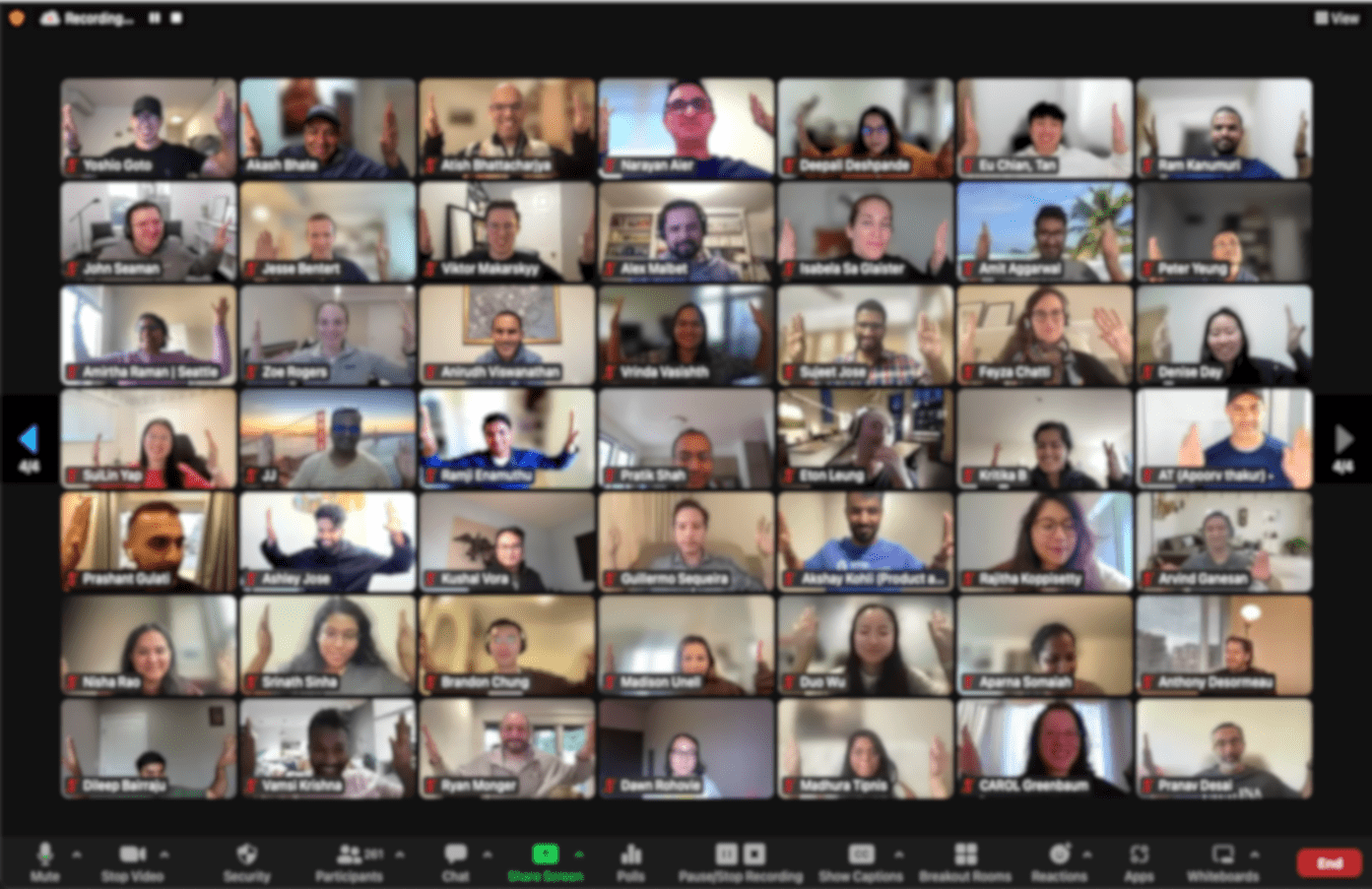It is often said that knowledge is power. That is why research is humanity’s shining light, thanks to the knowledge it usually brings. Most of the leading products and services we enjoy today are the result of market and other forms of research. Market research combines consumer behavior and economic trends to confirm and improve business ideas. It involves the systematic collection of data about individuals or companies (a market) and then analyzing the data for a better understanding of that group.

This article explains why market research is important and why it is considered a key element for business success. It also lists the top benefits of market research, along with examples.
Why Is Market Research Important?
Essentially, the importance of market research mainly derives from the useful insights it generates for different businesses. The results of market research, which are usually summarized in a report, are used to help
business leaders make more informed decisions about things such as the strategies, operations, and potential customer base of the company.
Market research is an essential component in the research and development (R&D) stage of proposed new products and services. Usually, before launching a product or service, companies conduct extensive market research to dig up certain information, e.g.,
how well or otherwise the product or service will be accepted.
Also, market research is a valuable tool for building brand loyalty and customer satisfaction. Since it is virtually impossible for a product or service to have equal appeal for every consumer, an efficient market research program can equip a company with knowledge of the key demographics and market segments with the highest likelihood of using a particular product or service.
Is Conducting Market Research Worth It?
Market research can sometimes consume significant time, money, and team effort. But it is always well worth it in the end. Without market research, a business may find it hard to connect properly with customers, fail to identify and leverage growth opportunities, be more susceptible to risks, make the wrong business decisions, and eventually lose clients to competitors. Some businesses may be lucky and do well without investing in market research, but such cases are rare.'
Benefits of Market Research
Research is the driving force behind most human achievements. It is the cornerstone of the field of education. Market research operates on the same principles as educational research but focuses more on business. Like in educational research, the benefits of market research are many. The importance of market research was discussed briefly earlier. Some other market research benefits may include (but aren’t limited to):
1. Customer-Centric Business Approach
There are plenty of important reasons to position your customers at the center of your business. Strong customer loyalty implies repeat customers who are less likely to abandon you for a competitor. Such an ideal scenario can have a dramatic impact on your organization’s bottom line, for example, in the form of lower costs and increased profits. However, developing the much-desired positive customer experience can be challenging for many businesses. Luckily, insights derived through market research can help boost customer relations and, hence, increase retention.
By analyzing current and previous objective data about your target market, you can get a fairly accurate idea of who your ideal clients are, which factors influence their purchase behavior, and what marketing strategies resonate most with them. Putting such information to good use can help you stand out from rivals as well as grow your revenue, among other gains. For example, sampling opinions about a proposed new product can help a company determine the product’s ideal make-up for a better user experience.
2. Effective Communication with Customers
Communicating effectively with your customers is a huge public relations achievement. It costs money, time, and energy to successfully convince a prospect to become a client. You do not want to undo all that hard work with inefficient communication strategies.
For instance, with efficient market research, you’ll get to understand the psychological inclinations of your customers with respect to their emotions, tastes, preferences, and dislikes. Such knowledge will enable you to adapt your offerings and customer relations accordingly. Personalized communications tend to have a greater impact on customers than generalized messages. This implies that the one-size-fits-all strategy should be used only when necessary.
Businesses have to leverage market research to evolve highly effective engagement policies because a customer is just a quick click away from unsubscribing from further communications he or she finds wanting.

3. Decreased Investment Risk
Risk and uncertainty are very important business considerations that have been studied and researched extensively by scholars all over the world. A business with a lower risk profile is usually perceived as more stable and, therefore, in a much stronger position to attract funds from external investors and lending institutions.
Take the case of human resource management, for example. Attracting and keeping top talent is an investment that can help boost a company’s productivity and bottom line significantly.
But how do you find out about the problems, preferences, and expectations of your employees and employees in other organizations? Market research can easily help you answer this and several other HR questions, ensure you know the latest HR policies in your industry, and adopt measures to motivate and retain your best workers to avoid the costly headaches of a high turnover rate.
4. Data-Driven Decisions
These digital days are characterized by the generation and processing of huge volumes of data. It is estimated that humans generate an average of 3.5 quintillion bytes of data daily. Therefore, any serious business desirous of optimum performance today must have a very efficient data analysis framework. The days of decisions based on guesses and wild projections are over. One way of collecting analyzable data is through market research.
For example, say company A based in the US wishes to source raw materials for a new product it is designing and that there are several suppliers of this product all over the world. How then does Company A decide the best market and supplier for this product? Market research is the best answer.
5. Identifying Potential Threats and Opportunities (SWOT Analysis)
SWOT stands for strengths, weaknesses, opportunities, and threats. It is an economic concept that businesses use to analyze both their strengths and weaknesses and those of competitors, as well as opportunities and threats in their industry, in order to come up with commensurate policies. All four situations require information/data, and market research can provide you with that abundantly and cost-effectively.
For example, the concept “market share” is used to denote the size of a market a company controls and can be interpreted as a strength for dominant firms and a weakness for others. If your company has been in an industry for a while and does not know its exact share of the market or relies on calculations from other organizations, you can decide to take the bull by the horns and conduct a survey that will enable you to at least estimate your market share. Based on the outcome, you will know which companies are ahead and how you can catch up or even overtake them.
6. Understanding the Target Market and Personas
In today’s data-driven business setting, having a holistic understanding of both the market and its constituent personas is compulsory for every serious business. When it comes to the target market, an understanding of certain variables (such as demography statistics, income, gender distribution, etc.) is key. For the specific buyer persona, no two human beings are the same. Even identical twins have different psychological characteristics that can vary their emotions and individual preferences.
Moreover, these preferences are not static but can change over time. These explain why a company should always strive to unravel the variables that are most likely to influence the purchase decisions of its customers and even prospects in its target market. All these and more can be achieved through market research.
For instance, Indian hemp is legal in some US states and countries. A foreign agricultural, wellness, or supplement company wishing to enter the US hemp market has to conduct thorough research to determine the best state and locality to do business in addition to learning all relevant laws guiding the hemp business in such a state or locality.
7. Keep Up with Emerging Trends
It is often said that the only constant in life is change. This saying also holds true in the technology-driven business world. Since the days of the industrial revolution and even beyond, one constant feature of the business is changing. As new trends, ideas, and technologies emerge, old ones tend to become obsolete, less profitable, and less fanciful. Businesses that remain aloof or fail to adapt to new consumer behavior, technologies, and other trends often lag in both patronage and revenue. Many are driven out by competition.
Apart from science and technology, other sociological concepts such as culture, art, entertainment, religion, and even politics tend to exert considerable influence on people’s decisions from time to time. By engaging in periodic market research, companies will not only keep themselves up to date on the latest trends but will also identify the various socioeconomic and other factors that bring about change.
A good technology example is the present popularity of cloud-based applications and automation. A company wishing to succeed in the tech market has to research the fields of cloud computing, artificial intelligence, and machine learning (while also surveying potential product users) in order to come up with products that scale accordingly.
8. Keep Up with Competition
Unless you are a lucky monopolist, your business is certainly operating in a fairly crowded industry made up of small, medium, and large enterprises, all striving to have a greater stranglehold on the market. In such competitive environments, thinking outside the box and evolving clever strategies such as constant market research will help give your company the much-needed competitive edge.
Knowledge is power. By conducting meticulous competitor research, you obtain considerable knowledge about your competitors that can make you more powerful in terms of market share, customer satisfaction, staff retention, productivity, and profitability, among others.
9. Identifying the Right Marketing Channels
Through marketing research, a company can determine the best channel to use for communication with each customer. For example, while most people have an email account, some people have yet to have an Instagram account. For such people, the best way to engage is obviously through email.
Not only that, but information obtained through marketing research can also reveal the best communication times and formats per customer or lead. Customers who realize that you consider even their minute needs and feelings are bound to be more appreciative and loyal than otherwise.
Additionally, each marketing channel has its own ROI estimate, another reason why market research is necessary, especially with several marketing channels out there. Ideally, you’ll want to focus more on channels with the most favorable ROIs.

Learn About Market Research and More
Market research is an exciting aspect of business that enables you to meet all kinds of people and obtain useful insights that can help your business. The benefits of market research include customer-centrism, better communication, a lower risk profile, data-based decision-making, utilizing SWOT analysis, better comprehension of the market and the people in it, being up to date with the latest trends, competing favorably with rival companies, and knowing the best marketing channels to use, among others.
However, market research is a vast concept with some technicalities you need to understand before applying. For instance, there are several ways of conducting market research, each with its own distinct principles and procedures. After managing to collect the data, you also need knowledge about how to process and analyze it effectively so that it can be accepted by other stakeholders.
If you are wondering how to learn the various
market research techniques as well as other business concepts and practices, then worry no more because Maven Learning Inc. is here to help. Maven has put together various courses and materials that will enable you to learn more about market research, marketing, growth, and more. Below are a couple of Maven’s several market research materials you’ll find interesting:
What’s more? Become an authority on market research and other business concepts by signing up for Maven Learning Inc. today! Maven is a cohort-based education platform that combines course marketing, community, syllabus, and video conferencing to give students and instructors a more cohesive experience.







